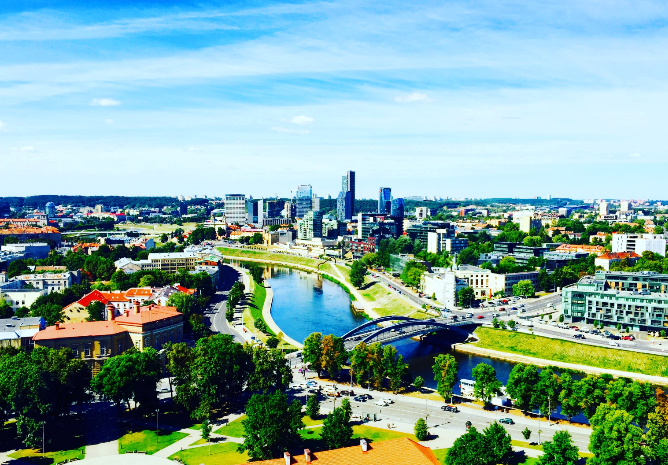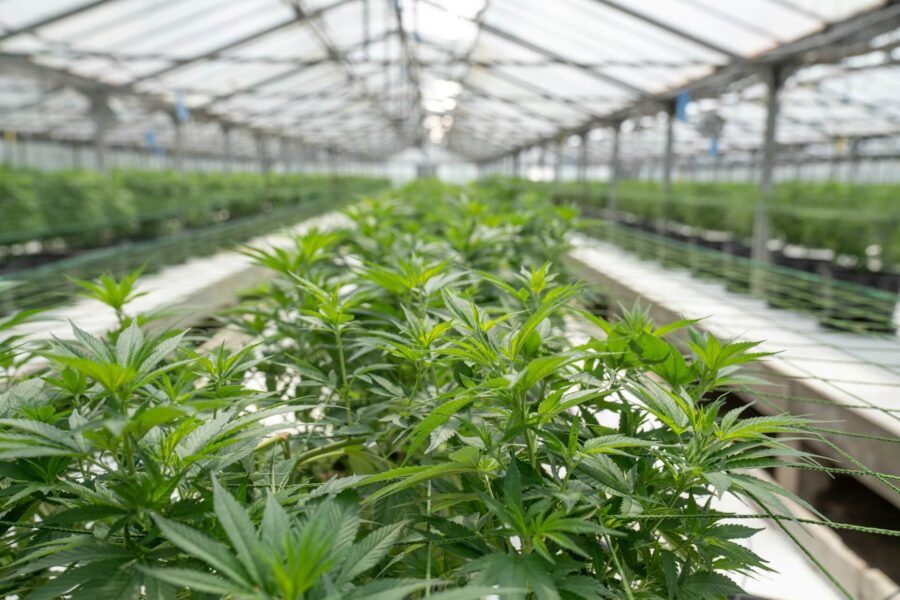This tax exemption forms part of a wider draft package of incentives for investments into Lithuania called the ‘Green Corridor’, which is currently with the Seimas (Lithuanian parliament) for approval.
In order to qualify for the tax exemption, the project must relate to data processing, web server services and related activities or manufacturing projects, must not be less than 30 million Euros in fixed asset value and create not less than 200 new jobs which will persist for a period of at least five years.
The focus on technology is no surprise, as Lithuania has established itself as one of the tech hubs of the world, with its incredibly tech savvy workforce and progressive regulatory stance. It’s no wonder that companies such as Uber are setting up technical offices in Vilnius.
This incentives package comes in the wake of other prerogatives aimed at enhancing Lithuania’s ability to compete on the international stage and attract further investments, both large and small.
Another example is the recent legislative amendment loosening the restrictions on venture capital and private equity investments in early stage companies. Investors now qualify for tax relief, where 70% of their investment is made up of equity securities and convertible loans together or either of these separately.
Under the old rules, an investment would only qualify for exemption where 70% of the capital was invested into shares of the company, creating an undesirable situation where the investor would often have more control of the company and face more risk than either party would like.
The new rules allow much greater flexibility, allowing large investments to be made as convertible loans without affecting the day to day operation of the company.
These recent leaps forward capitalise on a series of projects over the last decade which have laid the groundwork by making it easier and smoother to conduct business in the country, including the ‘East-West Transport Corridor’ which developed key transport hubs, rail and road infrastructure and increased levels of employee qualification throughout the country.
The effectiveness of this push for foreign investment is unquestionable. The country attracted twice as many foreign start-up companies in 2019 than in the previous two years and has cemented Lithuania’s position as a top investment destination in Europe.
All these enticements are indicative of Lithuania’s long-term campaign to stoke the already hot fires of innovation and ride the ever-growing wave of technological development.
If you need advice on setting up, or running your business in Lithuania, please don’t hesitate to get in touch.



